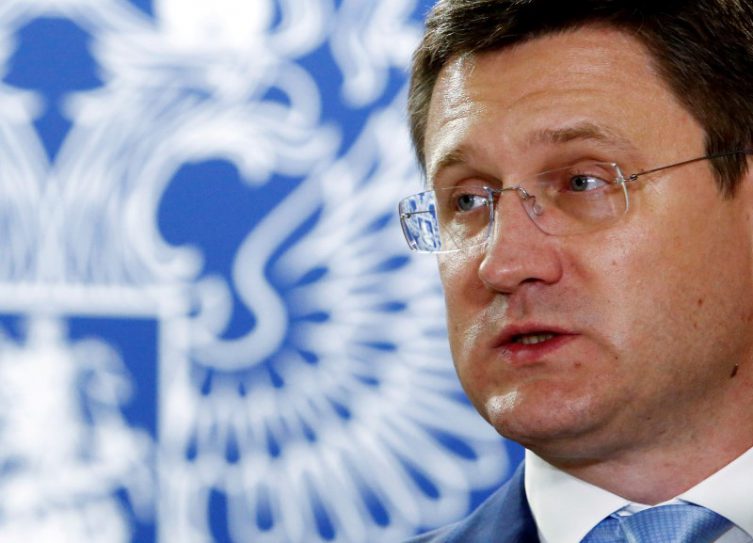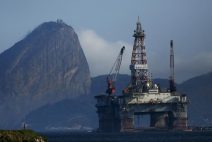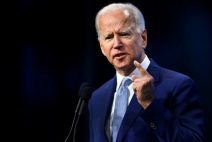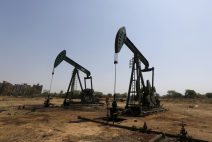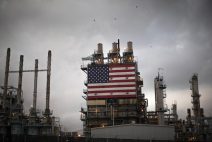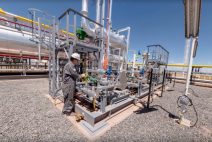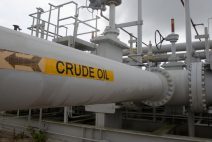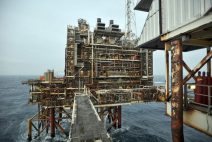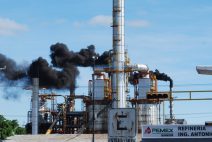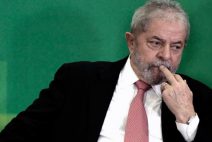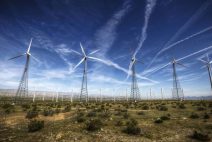Russian Deputy Prime Minister Alexander Novak said that OPEC+ group of largest oil producers has resisted calls from Washington to boost output because it wants to provide the market with clear guidance and not deviate from policy.
The United States has repeatedly pushed OPEC+ to accelerate output hikes as U.S. gasoline prices soared and President Joe Biden's approval ratings slid. Faced with resistance, Washington said in November it and other consumers would release reserves.
Asked why OPEC+ rebuffed the calls, Novak said OPEC+ had a long-term vision.
"We believe that it would be right for the market to show in the mid-term how we will increase production as demand grows," he told RBC media outlet.
"The producing companies should understand beforehand which investments they have to plan in order to ensure a production increase."
OPEC and its allies agreed earlier this month to stick to their existing policy of monthly oil output increases despite fears that a U.S. release from crude reserves and the new Omicron coronavirus variant would lead to a fresh oil price rout.
Novak also said the possible release of the strategic stockpiles by the United States and other large consumers will have a limited short-term impact on the oil market.
He said global oil demand was seen rising by around 4 million barrels per day next year after an increase of up to 5 million bpd this year.
Novak said an oil price of between $65 and $80 per barrel should be comfortable next year.
